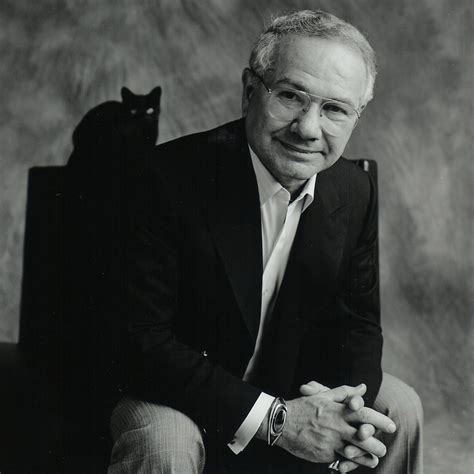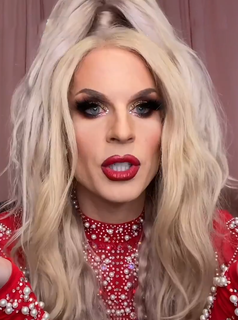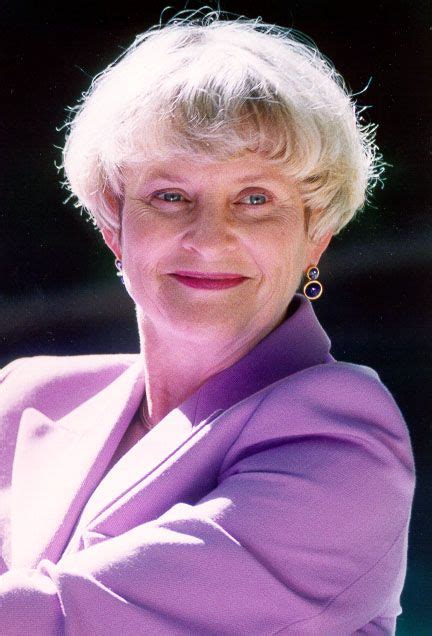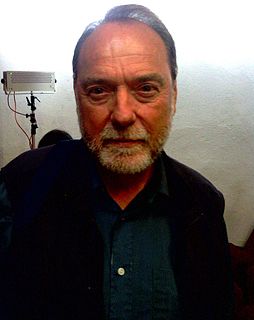A Quote by Elliot W. Eisner
The limits of our language do not define the limits of our cognition.
Related Quotes
I think that human beings have gotten as far as we've gotten because of our adaptability, our ability to adapt, and our ability to dovetail our technologies - our brains to our tools. With the Industrial Revolution, we transcended the limits of our muscles. With the digital revolution, we transcend the limits of our minds.
Walkers are 'practitioners of the city,' for the city is made to be walked. A city is a language, a repository of possibilities, and walking is the act of speaking that language, of selecting from those possibilities. Just as language limits what can be said, architecture limits where one can walk, but the walker invents other ways to go.
Man feels the urge to run up against the limits of language. Think for example of the astonishment that anything at all exists. This astonishment cannot be expressed in the form of a question, and there is also no answer whatsoever. Anything we might say is a priori bound to be nonsense. Nevertheless we do run up against the limits of language. Kierkegaard too saw that there is this running up against something, and he referred to it in a fairly similar way (as running up against paradox). This running up against the limits of language is ethics.
Perhaps we will one day be able at least to admit of a God possessing sufficient majesty and expansiveness to transcend the limits of our own imaginations and experience. But meanwhile, . . . we might do well to look upon the inadequacy of our concepts of God as the truest mirror of those limitations that define our condition.





























